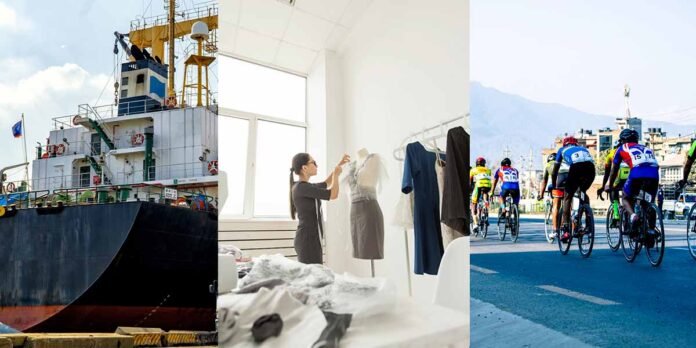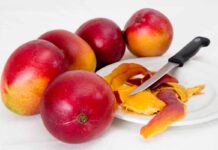As the World Bank warns through the report “Entrepreneurship in Latin America: many companies and little innovation”, the region must work to strengthen new businesses and make them sustainable over time, since the document assures that “there are many possible reasons why companies in Latin America and the Caribbean grow slowly and one of them is the lack of innovation. Companies need to continually innovate to grow (or even survive).”
Likewise, the World Bank specifies that startups in Latin America compared to companies in other parts of the world put new products on the market less frequently.
Hence the importance of organizations, educational institutions or foundations creating initiatives that support entrepreneurs in the different phases of creation, launch and consolidation of a business idea.
An example of this is EAE Business School, a business school that uses the EAE Propeller incubation program, in which teams are supported in the consolidation and validation of the business concept. This has been worked on with the school's EAE Emprende team, through Lean Startup techniques and experimentation. In addition, work is being done in parallel on a basis for the effective launch of the startup and preparing the sales pitch that will take place at 4YFN, the largest startup event organized by Mobile World Congress (MWC).
During the launch of the incubation program, the Director of EAE Propeller, Henri Mennens, highlighted “at EAE we are very proud of the teams that were able to be part of the initiative in Latin America, people who are working on their own business and its implementation. At EAE Propeller, they will receive sessions with experts and mentors, but - above all - they are in a community, in which they will learn from each other."
PROJECTS INCUBATED IN LATIN AMERICA
For example, one of the projects on the Barcelona campus is Cyrcle, which is led by Master in International Business students, Robyn Leann Jost and Robin Höglinger. Cyrcle, which won the Design Sprint, makes the delivery of online orders more efficient and sustainable, taking single-use packaging out of the equation with a bet on the circular economy of reusable shipping solutions.
In Latin America the reception has also been important, there are notable projects such as Time To Dial (Peru and Colombia); Renai from Panama; Turtle from Brazil; and Pila de Colombia.
Turtle helps companies export to sell more products remotely and reduce international returns. Behind this business model is the Brazilian Felipe Costa, who studied a Master in International Business.
Lupe Guerra from the MBA will incubate The Renai, a virtual fashion platform that, through applied technologies, offers a personalized design experience. This initiative is a store for buying and selling quality fabrics among emerging designers.
The students of the Master in Entrepreneurship and Innovation, Nicolás Londoño Pinzón and Julio César Gamboa Manzaba, Colombian and Peruvian, have launched Time to Dial, a computer solution for the control of entry and exit of personnel, from smartphone devices and/or telephone calls. Applied to companies or work groups with traveling schedules, it facilitates personnel management, minimizing absenteeism and work time.
The following project incubated by a Colombian is dedicated to cycling lovers. Pila is a solution, in the form of a Marketplace, aimed at consumption in the cycling sector, it offers a safe rental of the material to make the purchase decision, based on real sensations, taking care of the cyclist's investment, both in time and money. . Pila minimizes the risk of error and injury and exponentially increases happiness on the bike. The initiative is led by Carlota Dueñas, Marina Conejero and Iván Arias, students of the Master in Entrepreneurship and Innovation and Leadership and Coaching.





